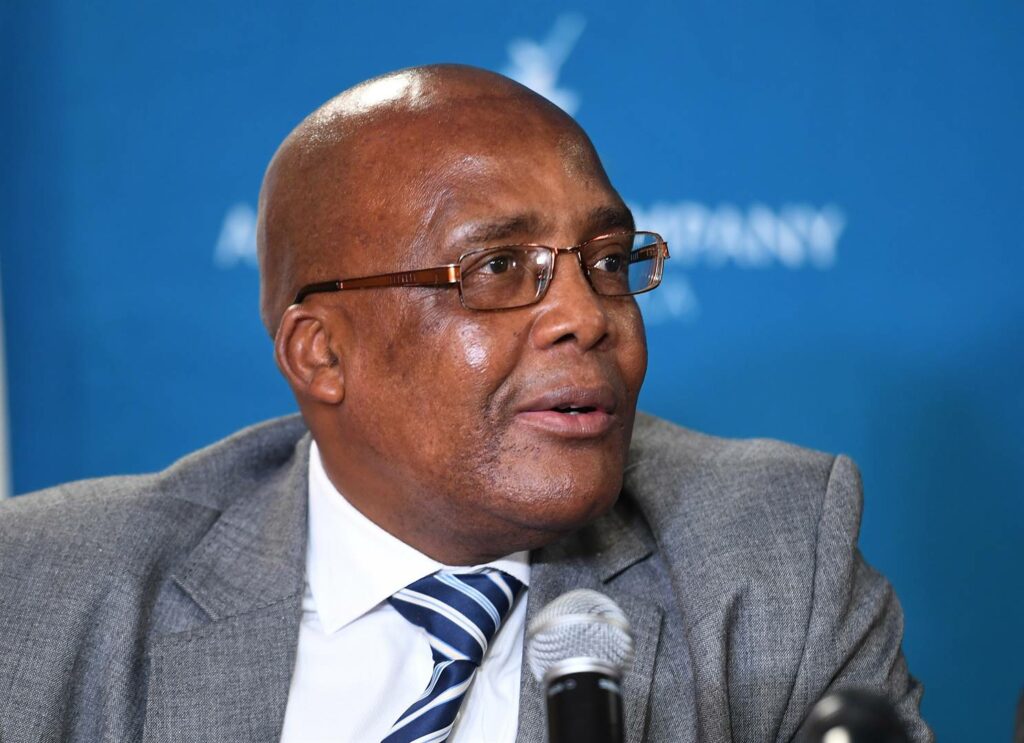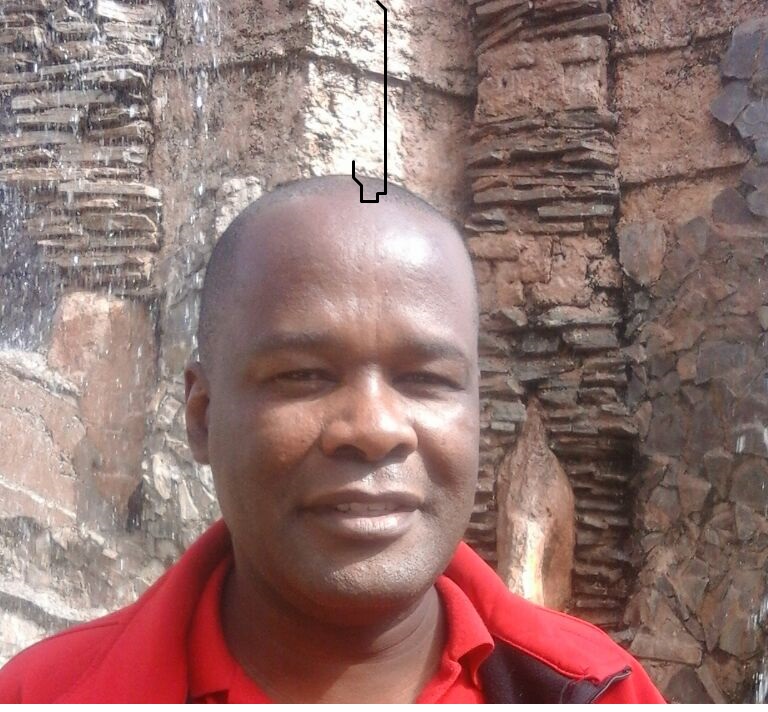Motsoaledi accuse ZEP holders of ignoring invitations to regularise their stay in SA

Home Affairs Minister Aaron Motsoaledi
Home affairs minister says ZEP holders believe courts will rule in their favour
Home affairs minister Aaron Motsoaledi says most Zimbabweans holding now-defunct exemption permits believe the court will rule against the government doing away with their special permits.
Only 4,000 of the about 178,000 holders of the Zimbabwean exemption permits (ZEP) have applied for visas to legalise their stay in SA, prompting the government to extend the grace period by six months, to June next year, to legalise their stay.
Home-affair-minister-motsoaledi-is-chickening-out-of-the-zep-court-case
Motsoaledi told the Sunday Times: “I wouldn’t say they’re showing us the middle finger, I’d say they have been convinced by these court cases that they shouldn’t bother [applying] because they believe this matter is going to be thrown out by the courts.”
He said the organisations taking the department to court were arguing that if a person had stayed for a long time in a country, that country essentially owed that person permanent residency.
I wouldn’t say they’re showing us the middle finger, I’d say they have been convinced by these court cases that they shouldn’t bother applying
Aaron Motsoaledi, minister of home affairs
“There are those [Zimbabweans] who believe they cannot be thrown out.”
He said that was a worrying trend as the government was not willing to extend the grace period beyond June 30 next year.
A departmental advisory committee set up by Motsoaledi and chaired by Cassius Lubisi to assess the visa applications lodged by affected Zimbabweans recommended that the deadline be extended.
Zimbabwe Exiles Forum however said the minister was missing the point and urged him to immediately reinstate the stakeholders’ forum to create direct engagements between Zimbabweans and Home Affairs department like before.
“There is no clarity on how to lodge the applications since the majority of ZEP holders do not qualify for mainstream visas. VHF officials are also refusing to accept applications from applicants raising very flimsy excuses,” said ZEF chairman Gabriel Shumba.
Motsoaledi said he felt obliged to take Lubisi’s advice as three months wouldn’t be enough time to process every affected Zimbabwean national.
“They were looking at the number of those who would still need to come and the fact that we are left with three months and said, no matter if we would work day and night, we wouldn’t finish in three months.
“It would have been pointless for me to refuse [the extension] because these are the people who are going to be doing the work.”
On the risk of the decision causing a diplomatic row between the two countries, Motsoaledi said the Zimbabwean government had been engaged about it and understood SA’s stance.
“They understand as they are also running a government,” he said.
“The [Zimbabwean] minister of foreign affairs said they’re putting up structures to welcome whoever comes back home. So it was discussed and we in the beginning also wrote to the ambassador of Zimbabwe through the international relations & co-operation department to explain what is happening.”
Motsoaledi called on affected Zimbabweans to apply and leave everything else to the department and not to worry about whether they would be approved or not.
Meanwhile, low-skilled Zimbabweans in SA say they are unlikely to qualify for visas and believe SA’s decision to do away with the special exemption permit is aimed at pushing them out of the country. They said it therefore makes no sense to apply for the visas.
Advocate Gabriel Shumba, chair of the Zimbabwe Exiles’ Forum, said it was “obviously difficult to obtain required documents for a huge number of people”.
“The employer [of affected Zimbabweans] has to undertake to pay your deportation and other costs; many employers refuse to write such letters,” Shumba said.
He said other difficulties included getting certificates from the labour department indicating why a South African wasn’t preferable for the affected job.
Shumba said they believe the migrating of ZEP holders to other visas was merely “a camouflage for deportation”.
Ngqabutho Mabhena, chair of the Zimbabwe Community in SA and the African Diaspora Forum, said most ZEP holders were not applying because it was clear they did not qualify.
“These are people of low skill, most work as petrol attendants, domestic workers and in other low-paying jobs and this is why so few have submitted their applications,” Mabhena said.

He said even skilled workers such as receptionists, journalists and lawyers were also affected as they did not qualify for visas.
The ZEP came into being more than 10 years ago, when SA experienced an influx of asylum seekers from Sadc countries, with the vast majority being Zimbabweans.
–Sunday Times




